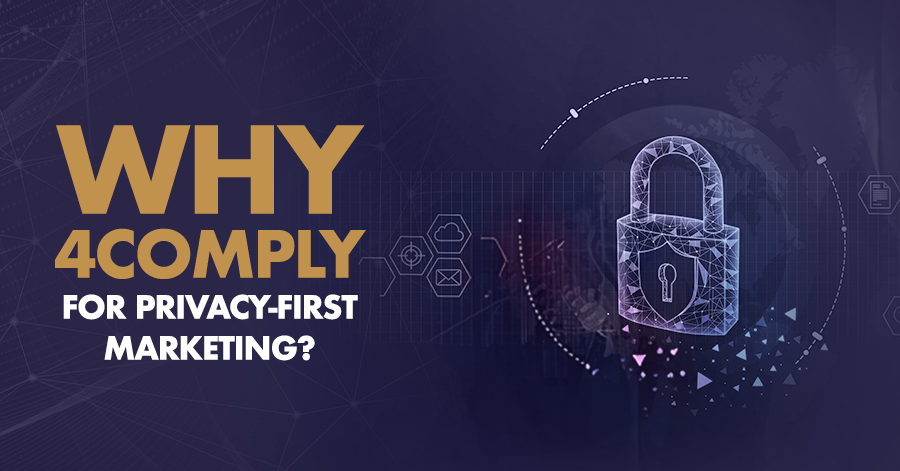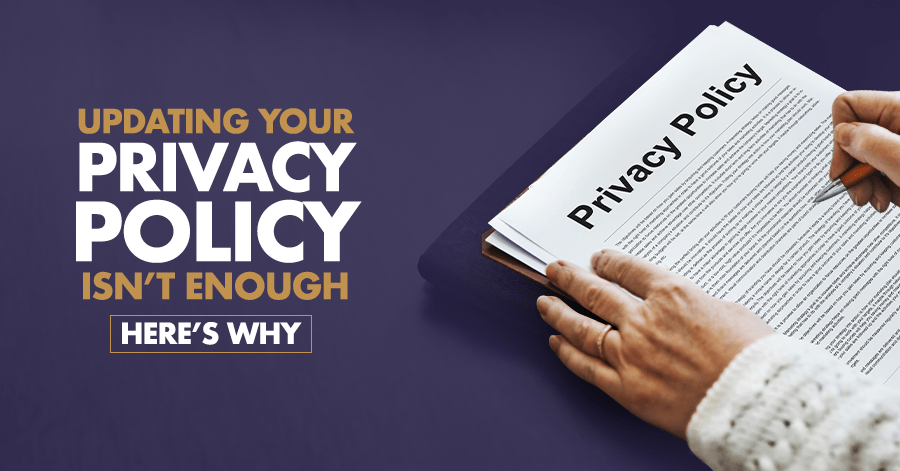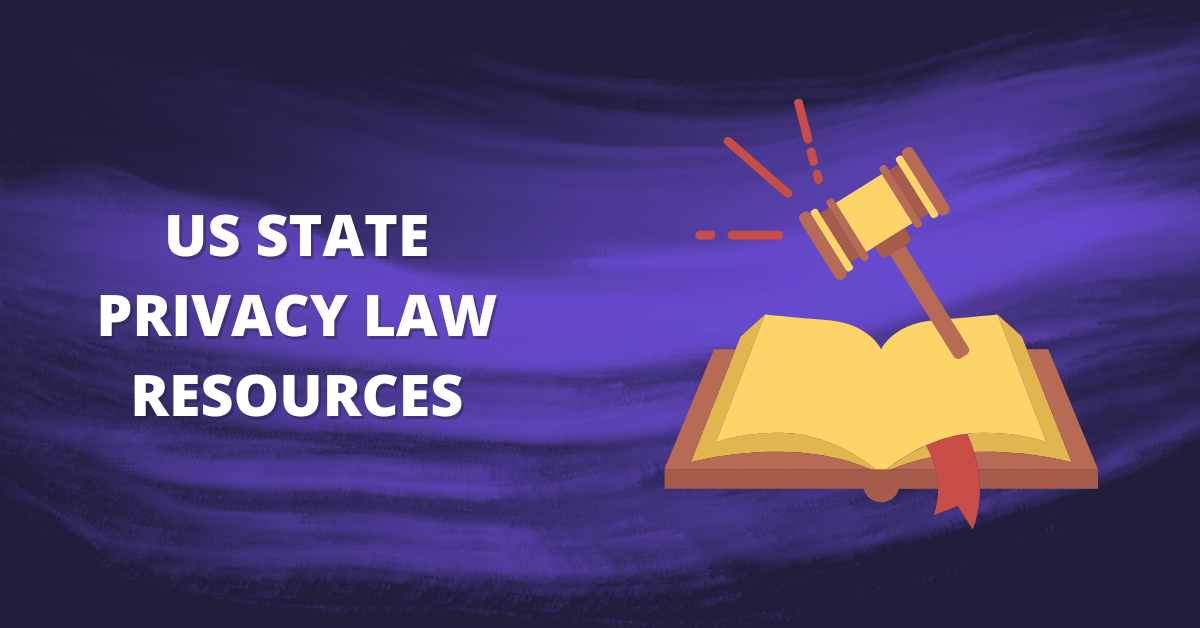Is Your Chatbot Privacy-Friendly?


Privacy laws don’t stop with marketing communications and data processing. As the role of artificial intelligence in marketing continues to expand, we should prioritize keeping our AI-powered tools in compliance with relevant privacy laws. Of course, this is easier said than done. How do we get started bringing our AI chatbots into full compliance with applicable privacy laws?
Today, we’ll examine how privacy laws apply to chatbots and how your marketing team can maintain compliance.
Do Privacy Laws Apply to Chatbots?
While most established privacy laws don’t address AI specifically (though that is changing), virtually every privacy law emphasizes consent, proper data management, and consumer rights. It’s not hard to see how these principles apply to chatbots. Since they are frequently used as data collection channels, much like submitting a form, they handle a significant amount of personal data subject to legal protection. Different data collection methods don’t change your obligation to prioritize data privacy.
Another key aspect of most privacy regulations is using personal data solely for its intended purpose. For instance, if a customer provides an email address for newsletter subscriptions, this information cannot be repurposed for unrelated marketing activities. Misuse of data not only contravenes privacy laws but can also lead to substantial fines and damage to customer trust. This holds true whether a human or an AI chatbot misuses the data.
Consent: The Cornerstone of Chatbot Privacy
Consent is paramount in the realm of privacy laws. Businesses must design their chatbots to obtain clear, unambiguous consent from users before collecting personal data. This involves transparently communicating the purpose of data collection and ensuring that the consent mechanism is user-friendly and devoid of any deceptive practices.
Prioritizing User Access & Control Over Their Data
Most privacy laws, drawing upon the GDPR, also grant users extensive control over their personal data. This generally includes the right to access, edit, or erase their data from a company’s database. Chatbots should be equipped with features that allow users to easily access their data and exercise their “right to be forgotten”.
The right to be forgotten applies a little differently to chatbots, however. Typically, purging customer data involves finding the relevant information in your company’s database and removing it. That part still applies. But when chatbots are involved, there’s another place to check for customer data: the chat logs. Any rights fulfillment request should involve reviewing your AI’s chat logs and purging personal data if requested.

AI Decision-Making: The Human Element
AI can generally understand language very well. Most AI tools can take words or phrases entered in a chatbox and turn them into something substantial, as well as pick up on the intention behind the prompt. However, AI doesn’t perform as well when asked to make a potentially significant decision based on a prompt.
While AI drives chatbots, it’s important to recognize their limitations in making critical decisions, especially those with legal implications. AI can assist and enhance human decision-making processes, but it should never replace them. This is particularly vital in scenarios where chatbot interactions could have significant impacts on users. For instance, AI should not make the final decision on whether or not an insurance claim or a bank loan is approved—that’s illegal under the GDPR anyway.
Best Practices for Chatbot Privacy
To keep your chatbots compliant with relevant privacy laws, start with a few best practices:
- Make your company privacy policy easily accessible through the chatbot interface.
- Make sure your privacy policy addresses the chatbot, how it collects data, and how that data is used and protected.
- Implement security measures (such as encryption) to keep your chatbot logs private. Data in these logs is just as vulnerable to a security breach as any other data.
- Conduct regular security audits and updates.
- Limit access to the chatbot logs. If someone doesn’t need access, they shouldn’t have it.
Adhering to privacy laws and prioritizing chatbot security not only mitigates legal risks, but it also enhances customer trust. A secure and compliant chatbot is an asset that strengthens customer relationships, fosters brand loyalty, and provides a competitive edge in the market.
Using Chatbots Without Compromising Privacy
As businesses continue to leverage chatbots for customer engagement, the imperatives of legal compliance, data security, and respecting customer privacy become increasingly critical. By implementing the best practices outlined above, businesses can ensure that their chatbots are not just efficient communication tools, but also guardians of customer trust and privacy. In an age where data is as valuable as currency, protecting it through compliant and secure chatbot interactions is not just a legal necessity but a moral obligation.
To ensure your chatbot setup is fully legally compliant and secure, get in touch with our team of privacy experts today.



